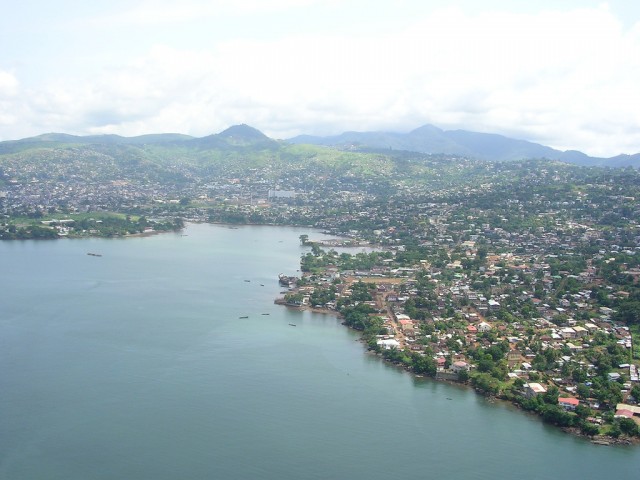Freetown
Founded in 1787 as a colony for freed slaves, Freetown is the capital of SIERRA LEONE. It is also the country's chief port and largest city, with a population of about 500,000. Freetown's founders were British abolitionists, merchants, and bankers. They believed that the SLAVE TRADE could be replaced by other types of commerce and that Christianity could help repair the damage Africans had suffered. The early settlers of Freetown were freed slaves from England, the United States, and Jamaica. British missionaries set up schools for them. In time the resettled population of freed slaves came to form a distinct ethnic group, known as Krio or CREOLE. The Krio had their own language and identity. Many adopted the English way of life and held high positions in the British colonial administration.
After Sierra Leone gained its independence in 1961, tens of thousands of people from rural areas migrated to Freetown in search of jobs. The city changed as headmen from various ethnic groups became involved in city politics and business and as the proportion of Muslims increased. Racial tensions became strained as the new urban headmen challenged Krio dominance. In the 1990s, civil war in the countryside spilled over into Freetown. By the year 2000, parts of the city, including some famous historic buildings, had been badly damaged or destroyed. The British sent in paratroopers to help Freetown withstand further rebel assaults. (See also Colonialism in Africa, Slavery.)
